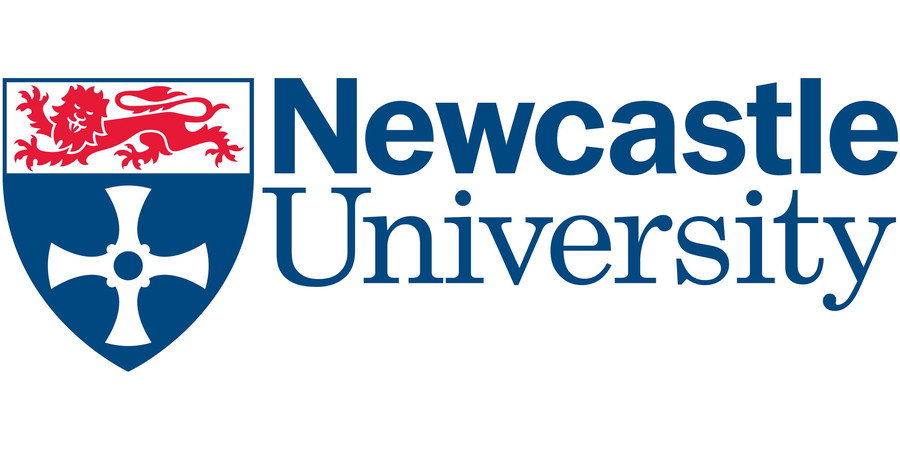PhD Studentship in Lymphoma Biology - Functional Analysis of TP53 Mutations in Childhood Burkitt Lymphoma
Newcastle University
| Qualification Type: | PhD |
|---|---|
| Location: | Newcastle upon Tyne |
| Funding for: | UK Students, EU Students, International Students |
| Funding amount: | £20,780 - please see advert |
| Hours: | Full Time |
| Placed On: | 8th April 2025 |
|---|---|
| Closes: | 2nd May 2025 |
| Reference: | TC107 |
Award summary
This 4-year award is worth 100% of home tuition fees and an annual stipend of £20,780 for living expenses.
Overview
Are you interested in understanding the molecular drivers of cancer as they apply to patient management and drug resistance? This project will investigate how TP53 mutations affect the basic biology of Burkitt lymphoma and drive the development of therapy resistance.
Childhood Burkitt lymphoma has a very good chance of cure but treatment is extremely intensive and many children receive too much toxic chemotherapy. Currently, clinical risk stratification does not include molecular factors. However, we have shown that TP53 mutations are strongly associated with risk of relapse, following which the chance of survival becomes extremely remote. How TP53 mutations cause relapse remains unknown.
Using our unique collection of patient-derived models, you will map the epigenetic/transcriptional consequences of different TP53 mutations and use contemporary gene editing techniques to experimentally validate your findings. Your work will identify more accurate predictors of relapse as well as biological pathways driving therapy resistance. You will develop patient-derived assays to investigate drugable pathways.
Working in an internationally recognised centre for children’s cancer research, you will be supported to: develop advanced skills in cellular and molecular research; learn to analyse your data; present your analysis with a strong focus on oral and written skills. Your research will address current clinical challenges faced by our patients.
Number of awards: 1
Start date: September 2025
Award duration: 4 years
Sponsor: Children’s Cancer North
Supervisors
Dr. Simon Bomken, Translational and Clinical Research Institute, Newcastle University
Dr. Chris Bacon, Translational and Clinical Research Institute, Newcastle University
Professor John Lunec, Biosciences Institute, Newcastle University
www.ncl.ac.uk/medical-sciences/people/profile/snbomken.html
www.ncl.ac.uk/medical-sciences/people/profile/chrisbacon.html
www.ncl.ac.uk/medical-sciences/people/profile/johnlunec.html
Eligibility criteria
A 2:1 honours degree, or international equivalent, in a relevant subject. A Masters with strong research training element would be highly advantageous.
If your first language is not English you need an overall IELTS score of 6.5 (at least 5.5 in all sub-skills) or equivalent language qualification.
International applicants will be required to fund the difference between home and international fees for every year of the studentship. You may require an ATAS (Academic Technology Approval Scheme) clearance certificate prior to obtaining their visa and to study on this programme.
How to apply
You must apply through the University’s Apply to Newcastle Portal
In ‘Course choice’ tab: put ‘Postgraduate Research’ in 'Type of Study'; ‘Full Time’ in ‘Mode of Study’; ‘2025’ in ‘Year of Entry’; code ‘8440F’ in ‘Course Title’; blank in ‘Research Area’. Press ‘Search’, select ‘PhD Translational and Clinical Research (FT)’, and save selection.
Either upload a document or write into ‘Personal Statement’. Put code ‘TC107’ in ‘Studentship/Partnership Reference’. When prompted for research proposal, select ‘Write Proposal’. Type in the title of the research project from this advert. A research proposal is not required. You should also upload a covering letter and CV, clearly demonstrating how your experience and interests relate to this project.
You must submit one application per studentship, you cannot apply for multiple studentships on one application.
Contact details
For further details, please contact:
Dr. Simon Bomken
Translational and Clinical Research Institute
E-mail: s.n.bomken@ncl.ac.uk
Telephone: +44 (0)191 2082231
Advert information
Type / Role:
Subject Area(s):
Location(s):









